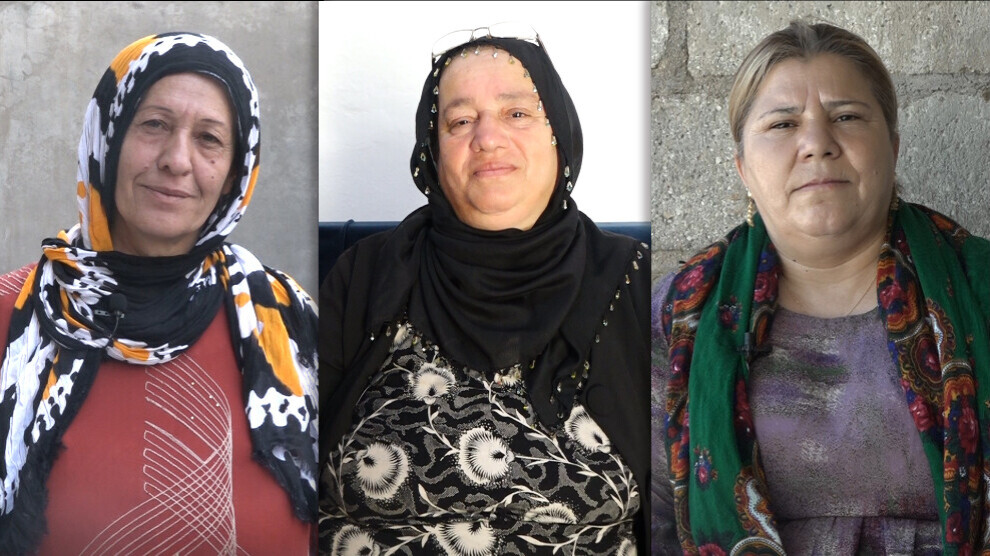Communes: Cornerstone of democratic society
Co-chairs of Qamishlo communes in North and East Syria stress that building a democratic, developed society relies on the commune system, describing it as the core pillar sustaining and strengthening community cohesion.

NEXEM ÇAÇAN
Qamishlo (Qamishli) – Communes in North and East Syria are regarded as the cornerstone of organizing daily life. They operate under a co-chair system and comprise 12 committees designed to build a cohesive democratic society, resolve problems through dialogue, and foster popular solidarity.
Several commune co-chairs in Qamishlo highlighted their central role in organizing local society, emphasizing that communes strengthen community ties, foster dialogue, and provide solutions to everyday challenges.
Öcalan’s philosophy empowers women
Jihan Ahmed, co-chair of the Martyr Liwan Commune, said the commune reflects the thought and philosophy of Abdullah Öcalan. She recalled his words: “When I am released from Imrali Prison, I will establish a commune and become a member of it.”
She described the commune as the foundation of social life, supporting people, organizing their daily needs, and resolving problems. Jihan noted that communes include a range of committees, such as those for women, protection, health, labor, and social relations.
She stressed the need for stronger public engagement to develop communes and overcome challenges, pointing to weak participation in meetings and marches. “The Autonomous Administration has decided to organize weekly home visits every Sunday to strengthen communication and cooperation,” she said.
According to Jihan, Öcalan’s philosophy—placing the commune as the first step after his release from Imrali—was essential to women’s liberation and laid the groundwork for major achievements made possible through the Rojava Revolution. She called for more effective commune-building and broader public participation.
‘Communes organize communities’
Leyla Suleiman, co-chair of the Martyr Shevger Commune, said communes organize communities to tackle daily challenges through committees on protection, social relations, and essential services.
She explained that each committee carries out specific duties: the protection committee ensures security, the social relations committee resolves family disputes, and the services committee provides essential needs such as bread, water, and fuel.
Leila underscored the importance of continuing education within communes, noting Öcalan’s emphasis on their role. She added that the Autonomous Administration organizes regular visits to enhance communication between institutions and residents.
Greater public involvement needed
Perwin Jamil, co-chair of the Martyr Raed Commune, echoed these views, affirming that communes are the cornerstone of society, present in every neighborhood and governed by the co-chair system.
She explained that committees work according to their mandates: the women’s committee organizes activities, raises awareness, and addresses women’s issues, with members appointed through Kongra Star. Other committees manage daily life and respond to residents’ needs.
Perwin emphasized that communes maintain strong ties with councils and institutions, urging greater public involvement and active engagement to strengthen these grassroots structures.
